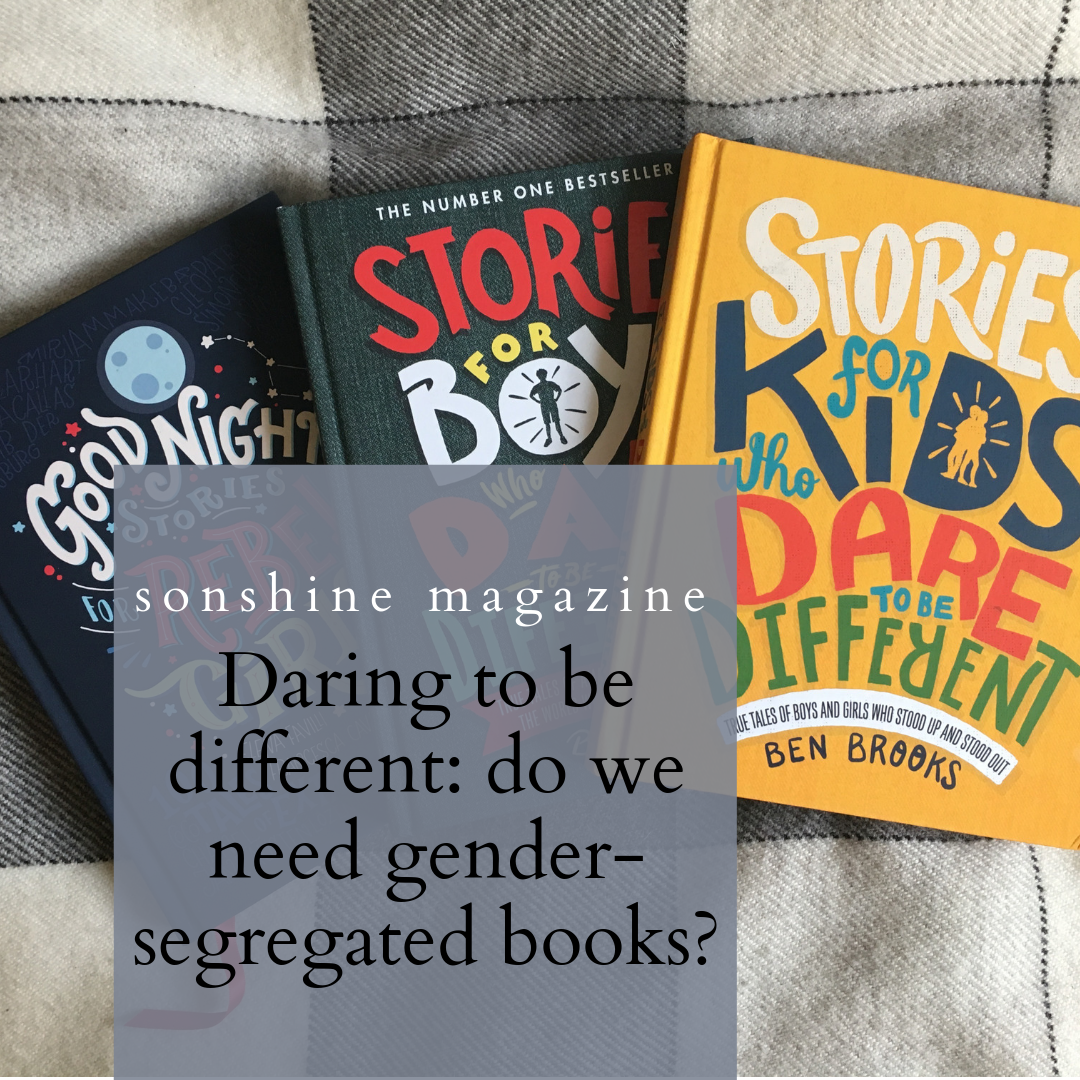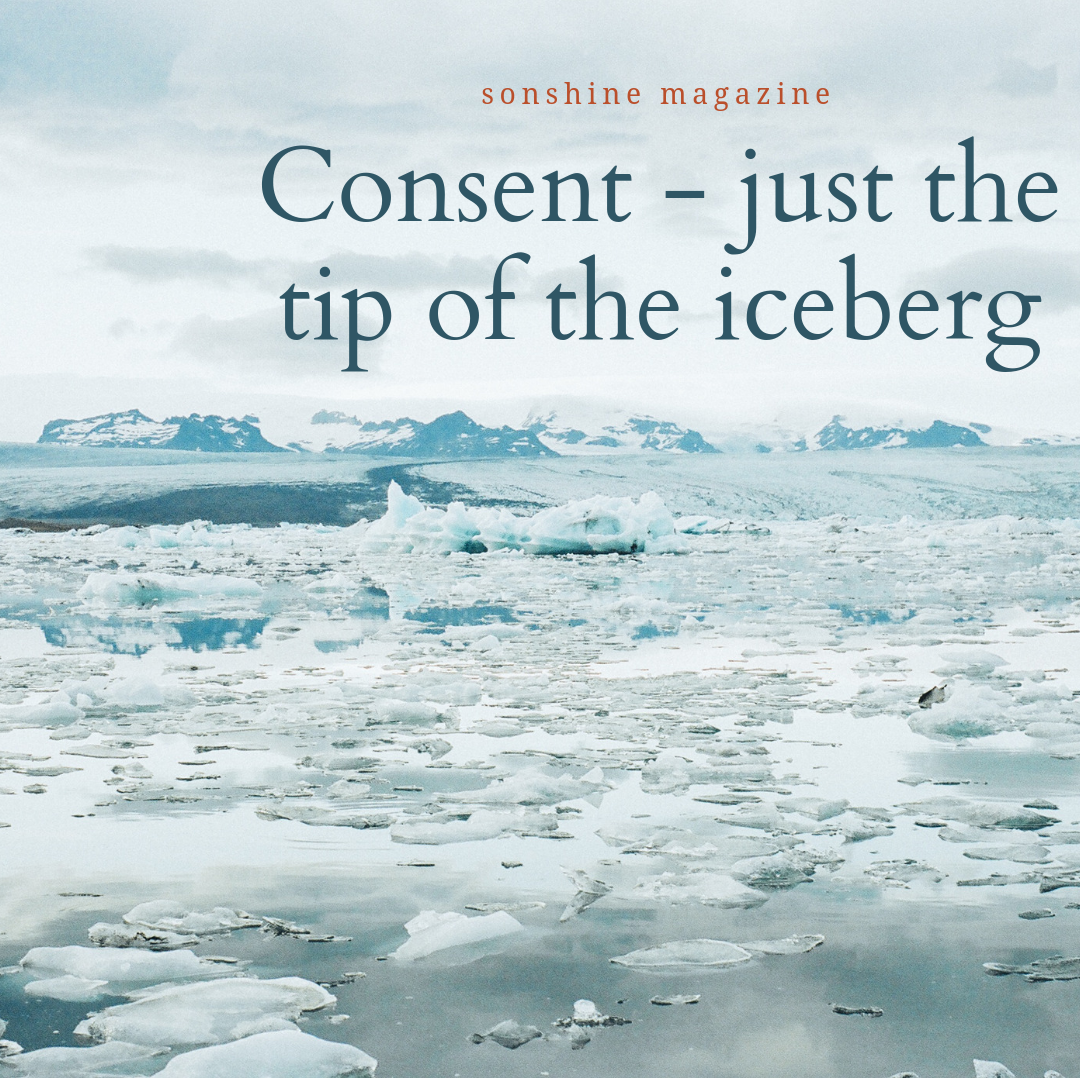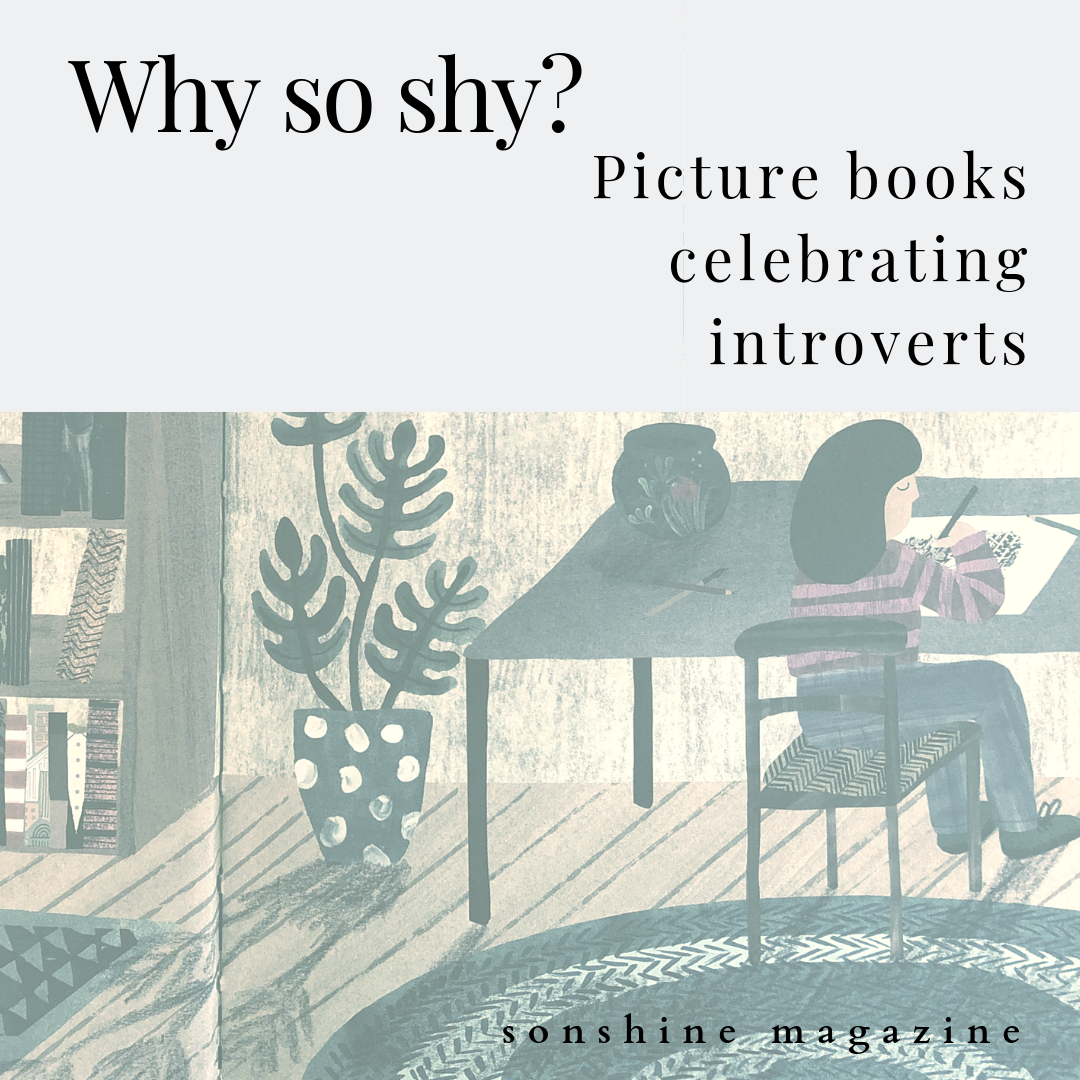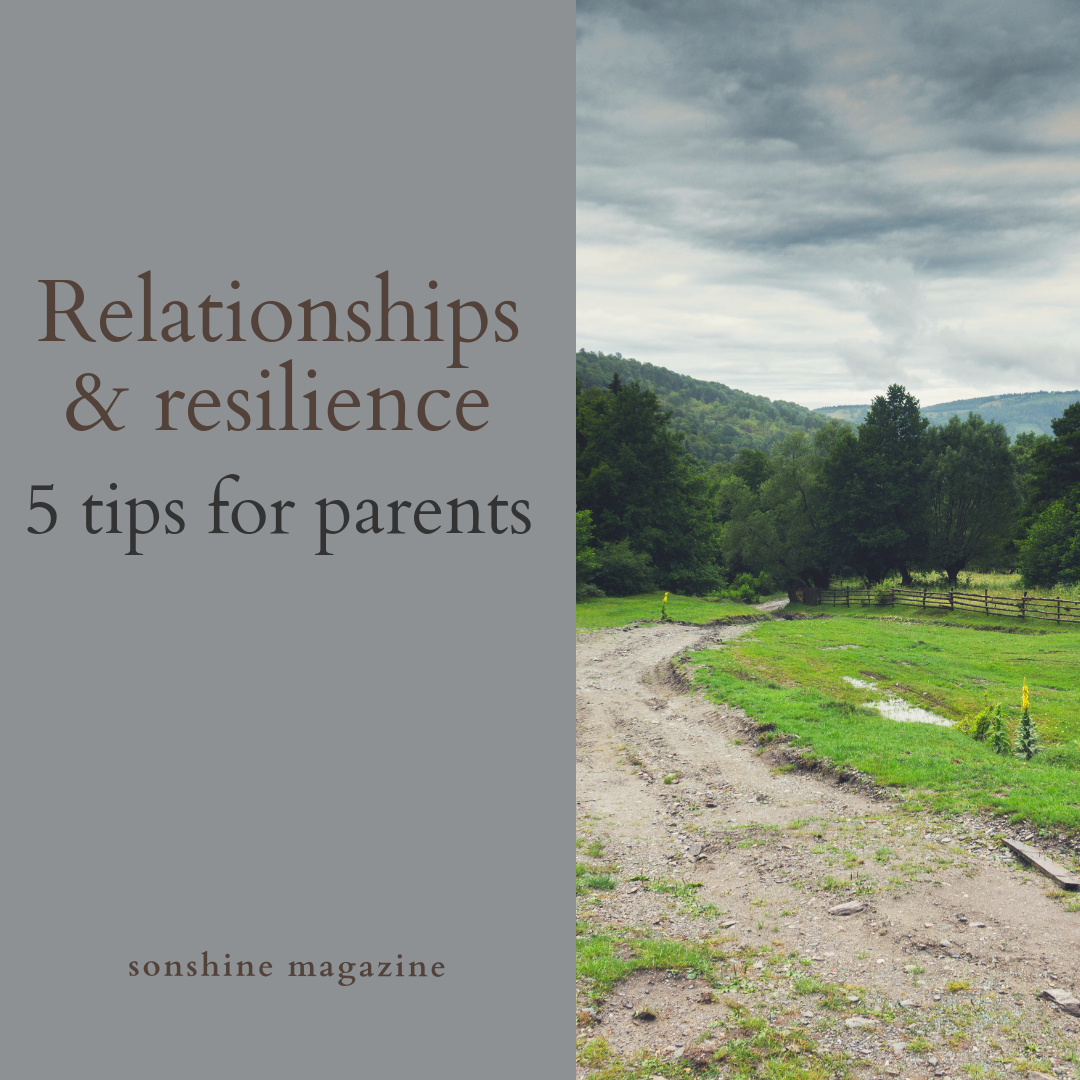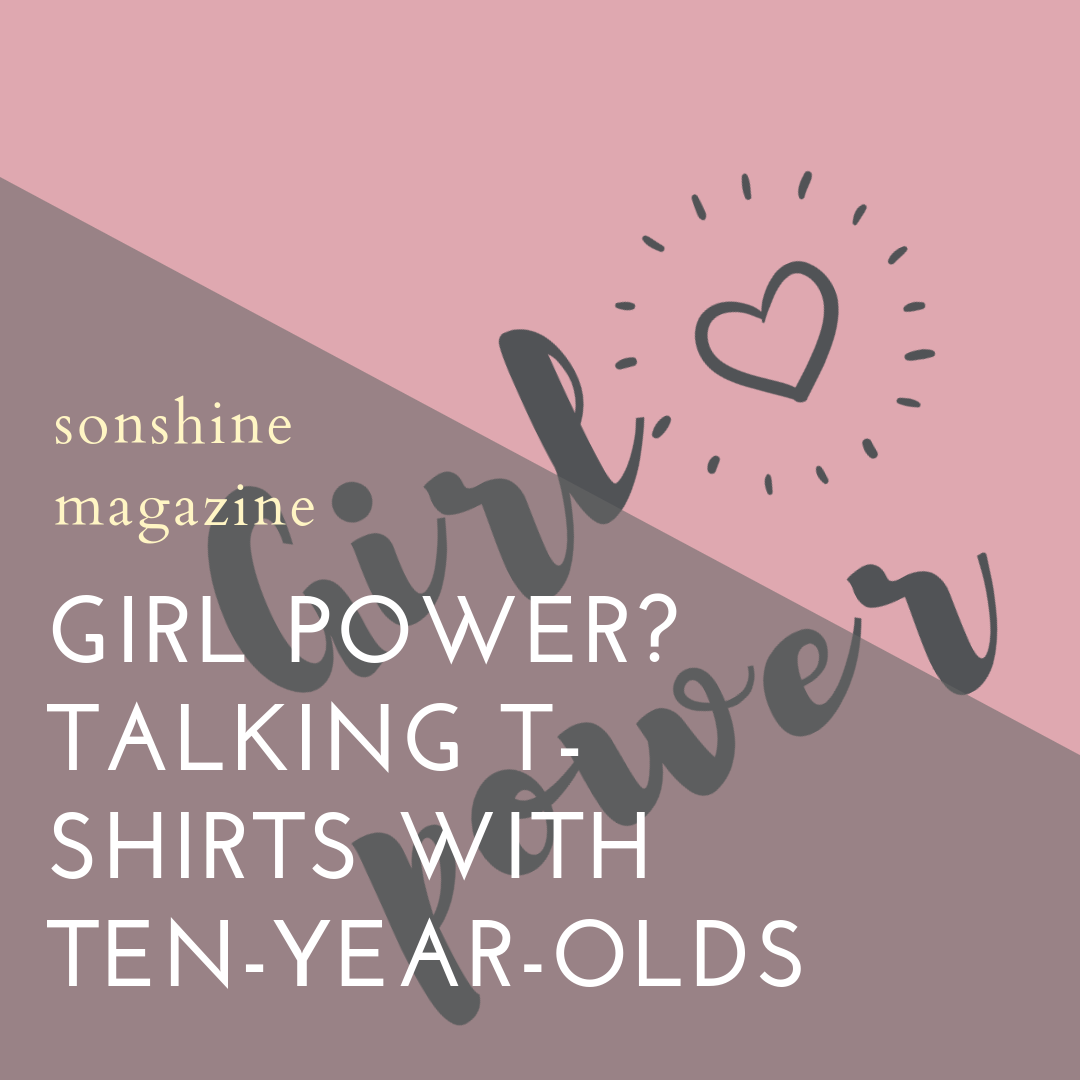BOOBIES: Classroom jokes, Suburban sexism and staying true without allies
When Amanda Maister encountered a silly classroom joke at work, she found out just how hard it is to combat sexism as adults, never mind as children.
Anyone who grew up in a pre-digital age will be probably be familiar with the classroom trick of trying to spell out rude words on a calculator. It’s hard now to imagine, in a world of free pornography on your smartphone, but back in the 80s this was the one of the only available thrill for kids. Huddling together and smirking during a lesson or playtime was largely a silly and innocent bonding experience for kids testing the bounds of their friendship group and authority at school.
I was reminded of this classroom joke at work recently. I was working on reception and a parcel arrived, addressed only to ‘Boobies’. An office-wide email was sent out to uncover who this was and much hilarity ensued.
Each woman in the office was appraised for her suitability to carry the nickname ‘Boobies’. One colleague in accounts was rumoured to have paid £7000 for her breasts but it wasn’t her. The ‘office fitty’ and her assets were considered but it wasn’t her either, shockingly. Older male colleagues had their say and then so did the younger men and women. (Apparently Bob in Finance is fine, he is just old fashioned and likes to stare at tits – 64 going on 1974.) As we all sniggered together, bonding over our shared joke suddenly I was back in the classroom, dealing with puerile giggling and group dynamics. I was squirming but no one said anything that didn’t fit the joke. Not even me.
It made me think. Was the silly ‘Boobies’ joke still harmless?
Once puberty hit, some kids were suddenly six foot with deep voices whilst others were still in their junior school shorts and the girls couldn’t hide their obvious development from the giggles of the class. In a new world of physical comparisons, the old innocent games could take a cruel turn. Maybe the two kids laughing at the rude joke on the calculator were genuinely both finding it funny. But change the scenario to add a girl nearby, anxious about her body, who believes the joke is at her expense. Still funny?
As children get older at school they have to start to navigate group dynamics and also how complicated and confusing they can be. We all want to be popular and part of the group and so often suppress our own feelings. One person’s humiliation can reinforce our place inside the group. There is an undeniable advantage to running with the crowd. As sociable beings we enjoy the communality of a shared joke, the exhilaration of knowing that you belong. If someone is rejected the easiest thing to do is to join in the rejection, hoping that next time it won’t be you.
“ If someone is rejected the easiest thing to do is to join in the rejection, hoping that next time it won’t be you. ”
So as I was laughing about the breasts of women I didn’t know just to make the day easier and to appear nice to my new colleagues (although if I am being kinder to myself I was probably sitting there grimacing as I have never had a good poker face), I reflected on my own unease. I have recently moved out of London to the suburbs, and while geographically it is not too far, it is miles away from the echo chamber politics I am more used to grappling with. No one in these offices is considering trans rights, Brexit or intersectionality. The chat is about I’m a Celebrity, petrol prices and it seems, colleagues’ tits. In a larger office with a good HR department I imagine it might be easier to have a quiet word and to try and create a healthier work environment but here in a small place for a few days my suburban feminism was shrinking away.
It is much easier to be a feminist when you have clear allies around you.
Children are now living in a world that is theoretically more woke but that is in reality just as loaded as the one we grew up in. Their experience is littered with images, from advertising and painstakingly-filtered selfies to pornography. Women and girls are still put under pressure to appear nice and not to make a fuss - there remain social rewards for women who fit into the roles traditionally carved out for them. It is also complicated for boys: they may not yet have understood but they have been born into a social structure that prioritises their needs over those of women.
“How will they call out what is unfair or cruel when a whole new digital normal is yet to truly establish itself? How will our children learn to be strong and to stand up for what is right?”
Sat at my reception desk, smiling through gritted teeth at the sexist jokes being made by men and women, I wondered: how can we teach children to stand up for themselves when later in life we ourselves are still going along with the crowd and laughing together at boob jokes? I feel like these days the stakes are much higher. How will they call out what is unfair or cruel when a whole new digital normal is yet to truly establish itself? How will children learn to be strong and to stand up for what is right without good models around them?
I know that I was not equipped with those tools and so I don’t have them to pass onto the next generation. Coupled with the fact that I am of another era and the world of digital technology is not one that I had to navigate as a child or even a teenager, I also find myself too easily cowed by authority figures, male or female.
I don’t have answers to the questions I am asking and I in a way, I am relying on the next generation to be better at this. To be brave, question authority figures and stand up for themselves despite what the group might say. Then hopefully we will have much braver suburban feminists (I am working on it!).
Amanda Maister is a photographer and feminist administrator going incognito in the suburbs





